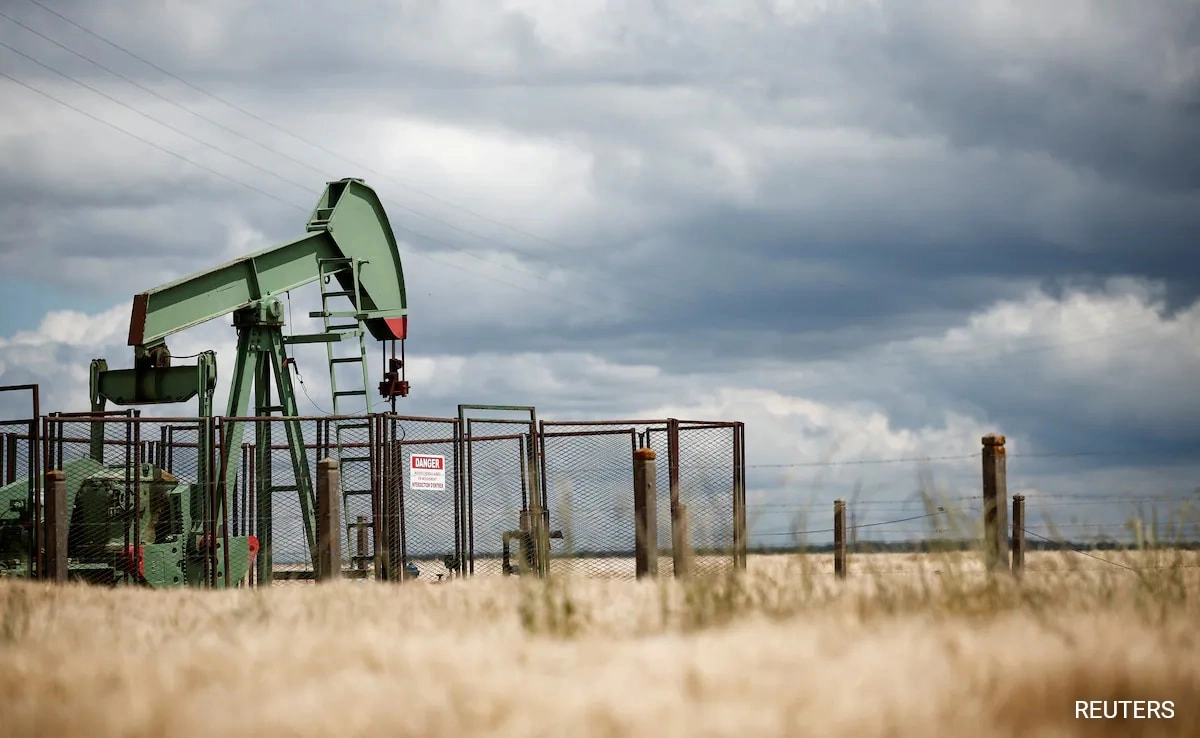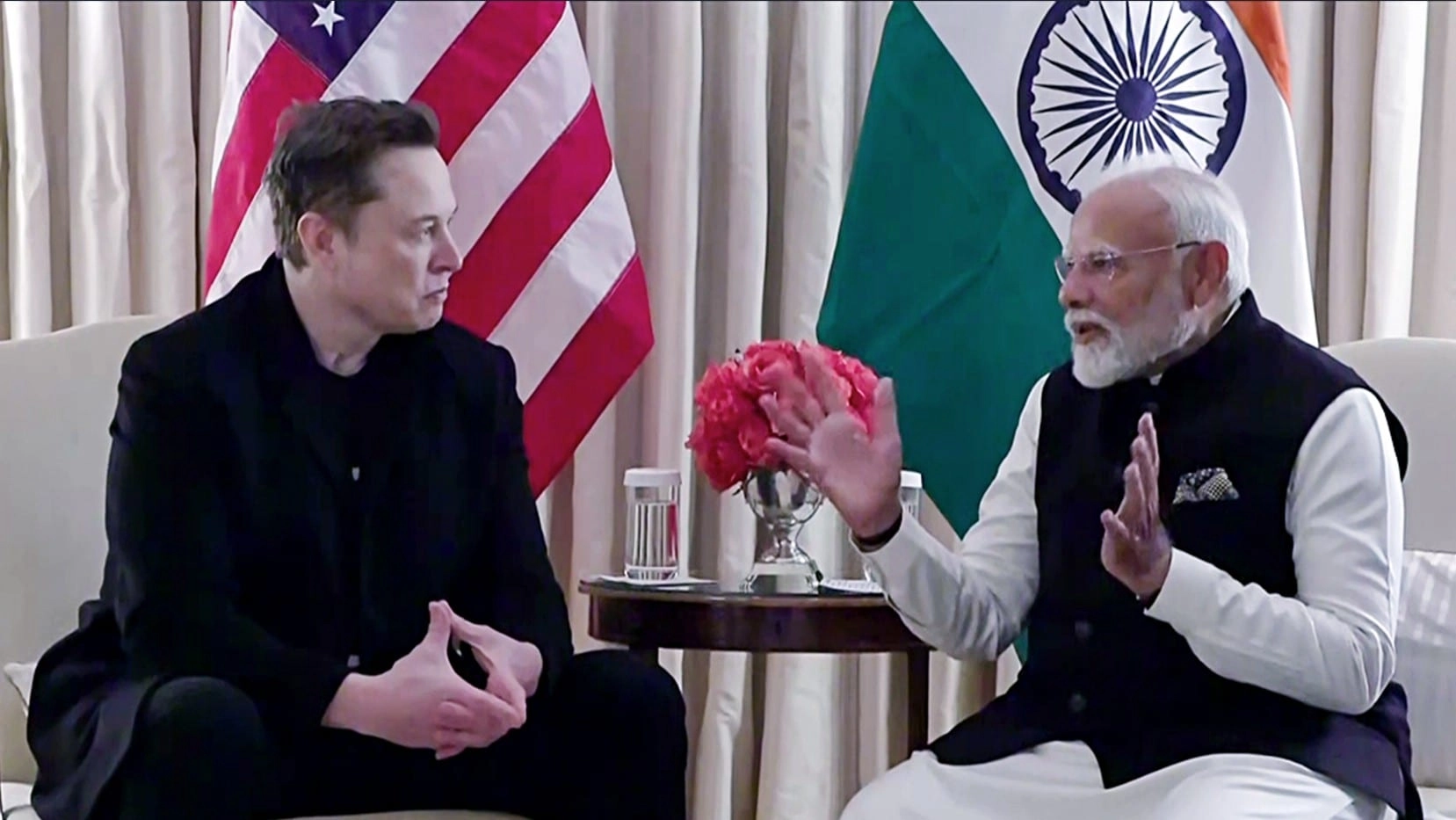Iran has recently launched a significant military strike against a US air base, escalating tensions between the two nations and prompting widespread concern among the international community. This attack marks a pivotal moment in the ongoing conflict and underscores the fragile nature of geopolitical relations in the region. The air base, known for its strategic importance and hosting a considerable number of American troops, was targeted in a coordinated operation that has raised alarms about potential retaliation and further military escalation.
Details surrounding the attack remain somewhat murky, but initial reports indicate that multiple rockets were fired at the base, resulting in damage to infrastructure and potentially causing casualties among military personnel. In the wake of the assault, the US government swiftly condemned the action, labeling it as an act of aggression that would not go unanswered. Officials have emphasized their commitment to the safety and security of American forces stationed abroad, leading to discussions about possible military responses or enhanced defensive measures in the region.
The motivations behind Iran’s decision to carry out such an attack are multifaceted. Analysts suggest that it may be a response to perceived provocations from the US, including recent sanctions and military maneuvers. Moreover, Iran’s leadership may be attempting to bolster domestic support by projecting strength in the face of external threats. This incident could also reflect broader regional dynamics and Iran’s ongoing efforts to assert its influence amidst a complex web of alliances and rivalries in the Middle East.
As the situation develops, the potential for further violence looms large. Both nations are likely to be on high alert, with the possibility of retaliatory strikes or increased military presence in the region. The international community is monitoring the situation closely, with calls for de-escalation and dialogue emerging from various quarters. The implications of this attack could extend beyond the immediate conflict, potentially affecting global oil markets and international diplomatic relations, as stakeholders grapple with the fallout from this dangerous escalation.




